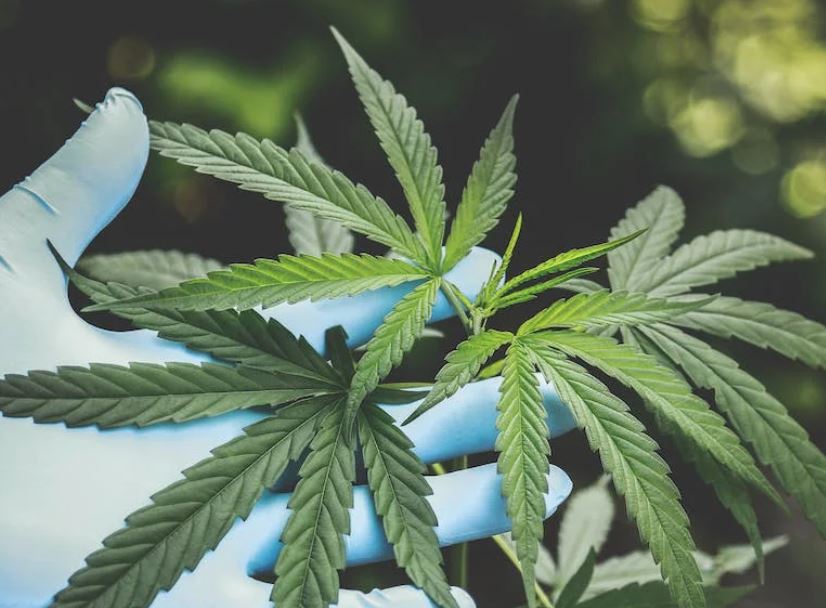
What is HHC o the super HHC vs THC
HHC definition
HHC, also known as 4-AcO-DMT, is a synthetic psychedelic substance that is classified as a tryptamine. Its chemical structure is believed to be similar to psilocybin, the active compound present in hallucinogenic mushrooms.
Effects of HHC
- The effects of HHC may vary depending on the dosage and individual characteristics of each person. Some of the common effects include:
- Visual hallucinations: HHC can produce visual distortions, changes in colors and patterns, as well as the appearance of objects or images that are not actually present.
- Altered mood: May promote feelings of euphoria, well-being, inner peace, or, in some cases, anxiety and confusion.
- Changes in the perception of time and space: HHC can cause users to perceive time differently, making minutes feel like hours or vice versa. Additionally, they may feel that their environment is distorting or expanding.
- Greater introspection: This substance can provoke deep reflections and introspective thoughts, which can lead to greater understanding of oneself and life in general.
Potential benefits associated with HHC use
Some of the potential benefits associated with the use of HHC include:
- Possible treatment for mental health disorders: Psychedelics, including HHC, are being investigated as possible treatments for conditions such as depression, anxiety, and post-traumatic stress disorder.
- Increased creativity: Many people report that using HHC helps them come up with new and creative ideas, as well as see things from different perspectives.
- Spiritual Experience: For some people, HHC can provide a meaningful and spiritual experience, promoting a sense of connection to something larger than themselves.
However, it is important to note that the use of HHC comes with risks and potential side effects.
These can include anxiety, paranoia, nausea, confusion, perceptual disturbances, and in extreme cases, psychosis.
Additionally, the substance may be illegal in many places, so its use may have legal consequences.
THC definition
THC is the main psychoactive component of the cannabis plant. It is a chemical compound known as delta-9-tetrahydrocannabinol and is responsible for the characteristic effects associated with cannabis use.
Effects of THC
The effects of THC on the body can vary depending on the dose, method of consumption, and individual sensitivity. Some of the most common effects include:
- Euphoria: THC can produce a feeling of happiness and well-being.
- Relaxation: Many consumers experience a decrease in stress and anxiety.
- Cognitive impairment: THC can affect memory, concentration, and decision-making ability.
- Appetite stimulation: THC can increase hunger and cause food cravings.
- Pain relief: THC is believed to have analgesic properties and may help reduce pain and inflammation.
- Effects on sleep: Some people find that THC helps them fall asleep more easily, while others may experience difficulty falling asleep.
Potential benefits of THC
THC has also been studied for its potential therapeutic benefits. Some of the potential benefits of THC include:
- Chronic Pain Relief: THC may help reduce the intensity of pain in patients with chronic illnesses.
- Control of nausea and vomiting: THC has been found to be effective in relieving nausea and vomiting in patients undergoing chemotherapy.
- Appetite stimulation: THC may help increase appetite in patients with weight loss related to diseases such as HIV/AIDS or cancer.
It is important to note that THC consumption can have adverse effects in some people, such as anxiety, paranoia, or loss of motor coordination.
Additionally, prolonged and excessive use of THC can have negative effects on mental and physical health. It is always advisable to use it responsibly and consult a doctor before using it for therapeutic purposes.
Return your Castle to its Former Glory with Professional Painting Service




